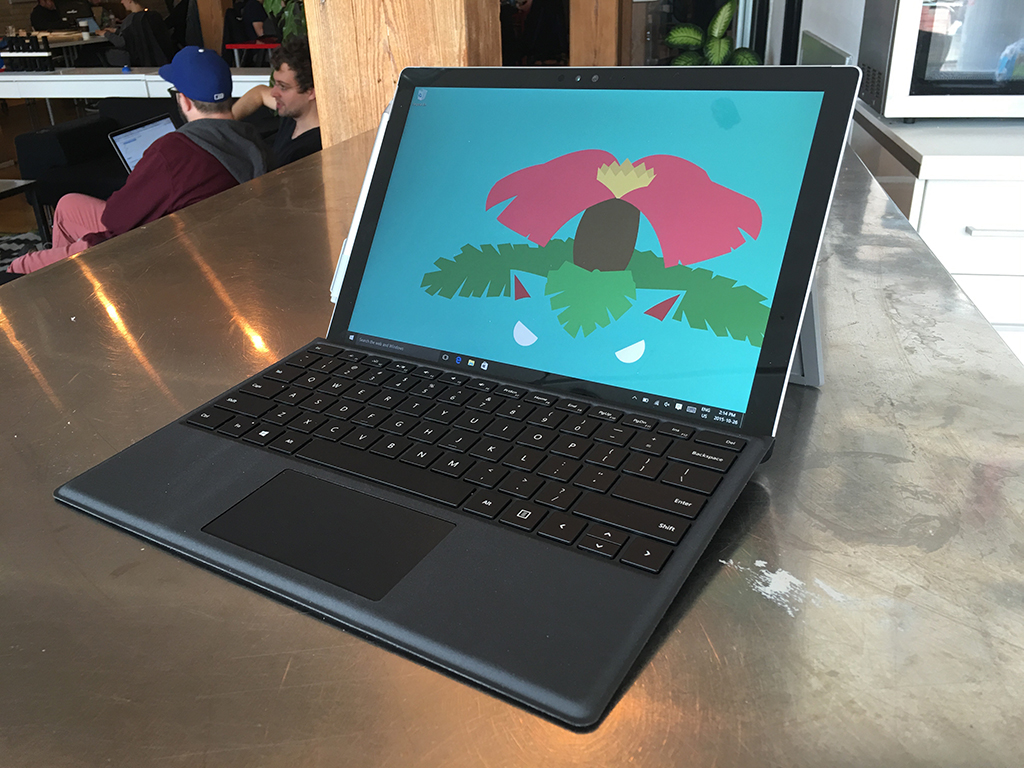
Whether you’re a fan of the operating system or not, Windows 10 has now cemented its place as Microsoft’s primary software base for the foreseeable future.
Microsoft has revealed a shift in its typical update policy, indicating future PC owners with devices that utilize next-generation Intel, AMD and Qualcomm processors will only be compatible with Windows 10. According to the company, Windows 7 and 8.1 will not be supported by upcoming hardware architecture.
Microsoft, as well as the company’s partners, will reportedly not focus on ensuring older versions of Windows run on the latest PC hardware. This means that Microsoft’s older operating systems not only will lack security updates, but also likely won’t function properly on upcoming PC hardware.
“Going forward, as new silicon generations are introduced, they will require the latest Windows platform at that time for support,” writes Microsoft in a recent blog post, emphasizing that upcoming hardware won’t support the company’s older OS. “Windows 10 will be the only supported Windows platform on Intel’s upcoming ‘Kaby Lake’ silicon, Qualcomm’s upcoming ‘8996’ silicon, and AMD’s upcoming ‘Bristol Ridge’ silicon.” Qualcomm’s ‘8996’ chip is none other than the highly-anticipated Snapdragon 820.
But Microsoft isn’t abandoning Windows 7 and 8.1 completely. Both operating systems will continue to receive updates through January 14th, 2020, and January 10th, 2023, respectively, but only for devices that feature hardware still supported by the company’s older operating systems.
The most important detail pulled from Microsoft’s recent note is that Intel’s sixth generation processors, named Skylake, are the first that won’t support older versions of Windows. Microsoft says Skylake, when combined with Windows 10, “enables up to 30x better graphics and 3x the battery life.”
While this shift in support policy likely won’t affect the average consumer, it could have a significant impact on Windows’ most significant market, enterprise customers. However, since companies often lag behind the consumer world both in terms of hardware and software updates, largely to guarantee stability, Microsoft plans to release a list of approved Skylake hardware that are guaranteed to support Windows 7 and Windows 8.1 until July 17th, 2017. This gives companies an 18-month period to purchase modern hardware and upgrade their internal systems to Windows 10.
Following this grace period, only specific Windows 8 and Windows 8.1 security upgrades will be available for older devices.
This shift will help push Window 10 adoption, a goal Microsoft has placed significant emphasis on since the launch of the generally well-received operating system.
[source]Windows Blog[/source][via]The Verge[/via]


